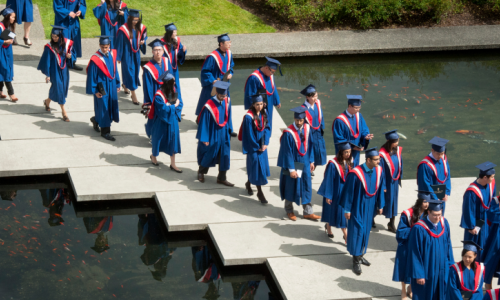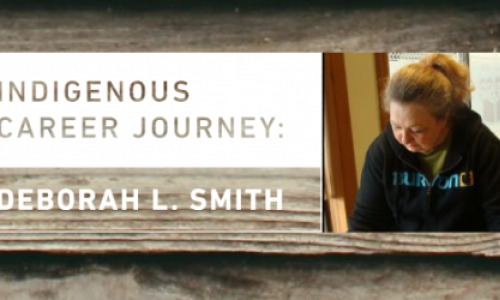
Hallelujah — midterms are finally coming to a close!
Perhaps you breezed through your exams like a swan gliding through water, declaring “Einstein” to be your middle name.
But if you’re like the rest of us ‘poor unfortunate souls’, your exam experience resembles more of a paper plane ramming into a wall and crumpling sadly to the ground.
If you totally blew your midterms — fear not! You are not alone, and there is hope for you. Below are some comforting words to help cure you of your “Post-Midterm Heartache”.
1. Accept Your Mistakes
“The weight of this bag is incomparable to the weight of my heart.” Believe it or not, these were the oh-so-dramatic words of my best friend after bombing one of her exams.
After doing badly on your tests (especially with parents nagging you about grades), it’s hard not to dwell on your mistakes. Before you know it, your exam distress will escalate from sadness, to frustration, to downright hysteria (okay, maybe I’m exaggerating, but you get the point).
However, beating yourself up about past failures is no way to help yourself improve in the future. So my advice is this: take a deep breath, get some good rest, and let it go. Maybe all you need is to vent to a friend or to take a warm shower before calming down, but the important thing is that you do calm down. Only after you fully accept your mistakes are you capable of thinking clearly towards the future.
2. Learn from Your Mistakes
After calming yourself down, now you can look at your mistakes from an objective point of view, to ensure that you don’t repeat the same exam-failures with your finals.
Jot down a list of issues you had with your last attempt at exam-taking, and write substitute improvements you can make. That way, the next time exam season comes around, you will be on top of the game.
3. Exam-Taking Tips
Finally, I’m not going to leave you in the “dark abyss” when it comes exam prep. Below are several tips I’ve concocted, to give you a headstart.
Create a Schedule
Yes, it may sound nerdy, but if you’ve got a lot on your plate, it helps to set specific dates for when you’ll study.
Do All Your Readings in Advance
This will save you from the dreadful “catch-up” session that delays your ability to actually start reviewing your notes.
Study the Way That’s Most Effective for You
Whether it’s rewriting your notes, reading out loud, or pacing the room — do whatever it takes to help you learn more efficiently. Some prefer studying alone, while others prefer studying in groups.
Survey the Entire Exam
Take a moment to survey the entire exam before laying your pen on it. This allows you to calculate how to balance your time, saving you from last minute “filling-in-nonsensical-answers” because you’ve run out of time.
Make Connections
When it comes to university exams, simply memorizing concepts is not enough to get you the best mark. So while writing tests, make connections between your readings and include examples to enhance your answers.
Voila! Once you make the necessary improvements, you’ll surely rock your next exams. So finals? Bring it on.













